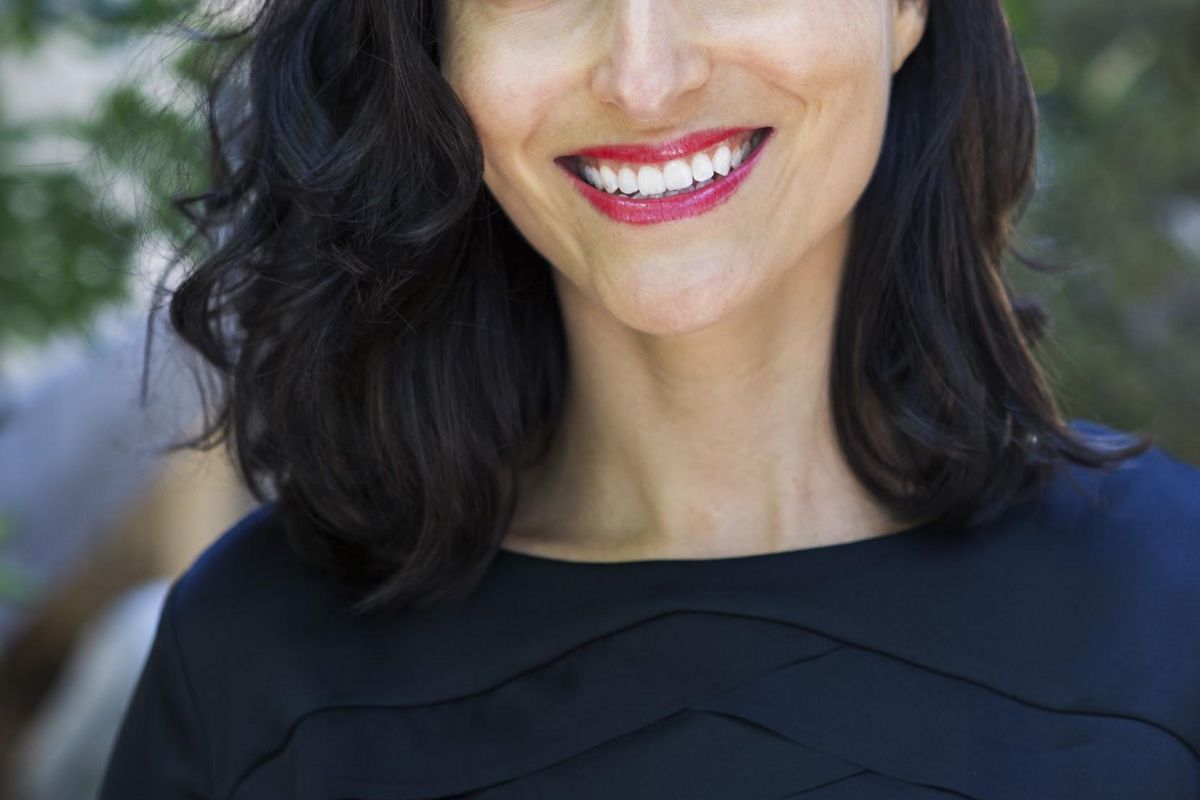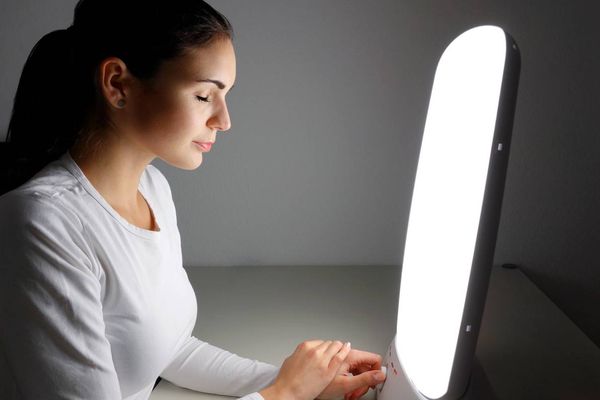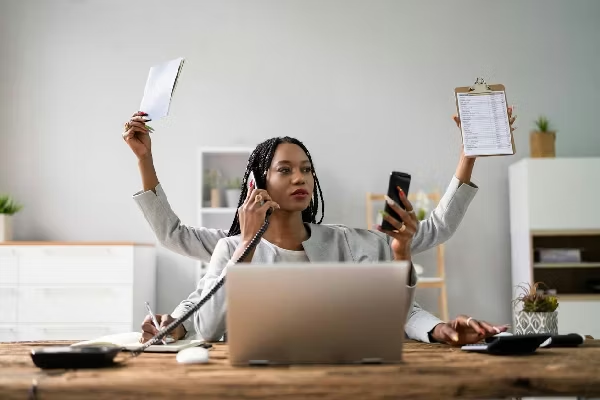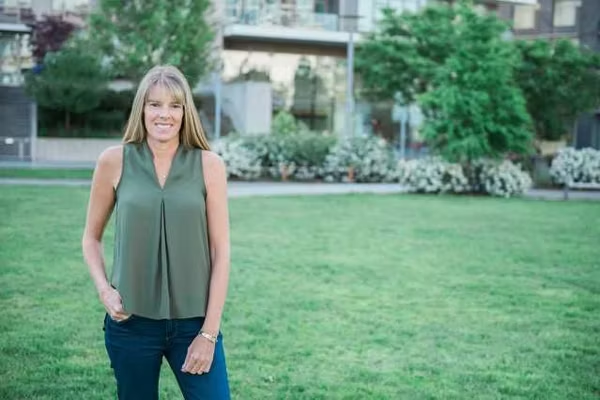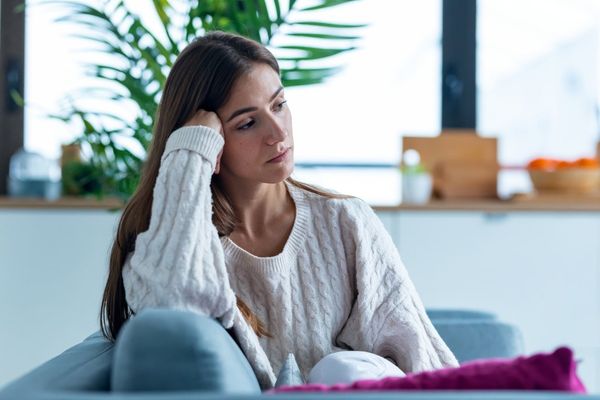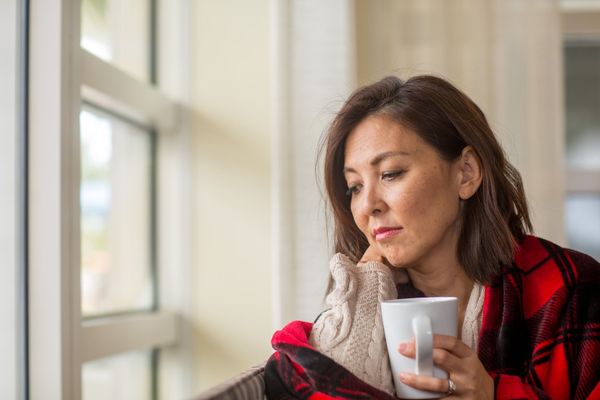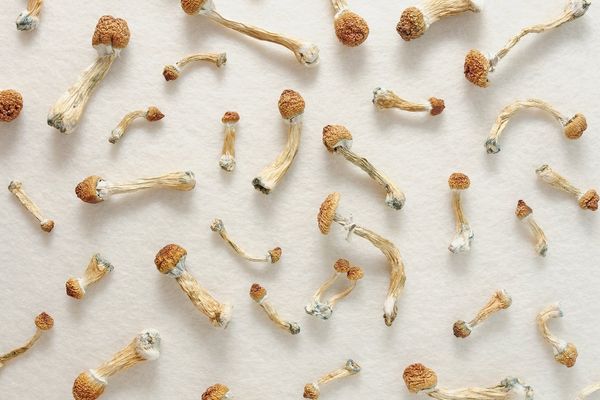By Elana Miller
I'm going to be honest. I've been depressed. It's nothing as bad as what I've experienced before — like the time in college I broke down under academic pressure and dropped out for a semester, or the time in med school when my boyfriend broke up with me in the middle of my surgery rotation, or when, in the final year of my psychiatry residency, I was diagnosed with Non-Hodgkins Lymphoma (thankfully I'm now in remission). In each of those situations, what started as understandable distress in a difficult situation evolved into something bigger — hopelessness, despair, self-loathing, and even suicidal thoughts.
No, what I'm experiencing now during this pandemic is different. It's more of an existential malaise, a persistent anhedonia (the inability to feel pleasure or joy).
Initially when the coronavirus hit, I handled it well. My husband and I are both homebodies, and we revelled in having an excuse to avoid tiring social outings and large family gatherings. But as the pandemic and the resulting restrictions roared on, the isolation has become difficult for me to bear.
I feel lonely. I miss the weekly Sunday dinners at my mother-in-law's and even those big family gatherings I previously avoided. Sure, there are phone calls and Zoom calls and FaceTime, but as an introvert, I find long, one-on-one phone calls fatiguing. What I wish for is exactly what I cannot do — be part of a group, a holiday get-together, or a family birthday party — somewhere I can melt into the background and listen to the conversation. I want to smile at the edge of others' photos that I'll see later on social media, and participate in life just by virtue of my physical presence.
I long for real human conversation so much that I've been spying on my neighbors. When I hear people talking outside I pause the TV and position myself as close to the window as I can without being creepy. As I listen to their voices, I imagine I'm part of the exchange. One time I felt so much a part that I actually piped in, much to the confusion of my neighbors, who had been unaware of my presence. Embarrassed, I quickly scuttled away.
I miss having a purpose — a clear vision for the future. When we don't know how the world will look in six months, how do we plan for it? I find myself looking at my to-do list, imagining what's to come and thinking, what's the point?
I miss physical touch, which is no longer as available as a source of comfort when I'm feeling down. Yes, I can touch my husband — but I can't touch my friends, extended family, or neighbors. A few days ago I was feeling particularly overwhelmed and started to cry. I was home alone, and secretly wished a neighbor would hear me and come by to check in. Maybe they would even give me a hug, even though we're not supposed to.
Yes, I could get professional help (and I have). I work with my therapist via video and check in with my psychiatrist by phone. But there's something missing for me in these appointments — the tactile connection and shared energy of an in-person encounter. As a psychiatrist myself, I've always felt something magical happens when I can be present physically with my patients. Much more is communicated when I can observe the gesticulation of someone's hands as they share a story, see the crinkles around their eyes as they smile, or hand them a tissue when they cry.
Recently I had a video appointment with a new primary care doctor and I wanted to open up to her about some of my struggles. But when the session started, something felt off. She was kind and empathetic, but I felt disconnected by the way her camera was set up — away from the video screen— which prevented us from making eye contact. To look at me, she had to look at her screen and not the camera, creating a weird detachment. I clammed up and didn't share the sadness that was on my mind.
But the same qualities that make me susceptible to depression (a high level of sensitivity and empathy) give me the insight to see that the disease lends itself to the cure. The antidote for this coronavirus depression is connection. It's love.
Yes, we have to be creative, but there are ways we can connect when we're open to the opportunity. Yesterday I got a call from my bank about a security issue. I could tell the customer service rep longed for connection too. I could hear it in her voice as she kept asking me, "Is there anything else I can help you with?" We joked and chatted for a few minutes and I think we both felt better afterwards.
Love is a multiplying force. When we share it, we ourselves feel better, as if we've been gifted something by our ability to give. Even writing this essay has been therapeutic for me, and I feel heartened imagining that at least one person will read it and derive some relief from my message. I imagine they'll say to themselves, "This person is describing what I'm feeling but haven't been able to put into words," and find solace in our shared experience. And by knowing I've helped another, I will find solace, too.
If you or someone you know is having suicidal thoughts, please reach out to The National Suicide Prevention Lifeline toll-free number, 1-800-273-TALK(8255), which connects the caller to a certified crisis center near where the call is placed.
Elana Miller, MD is an integrative psychiatrist and cancer survivor who is passionate about combining Western medicine, Eastern wisdom, and holistic approaches to help people live fuller and happier lives. https://zenpsychiatry.com

